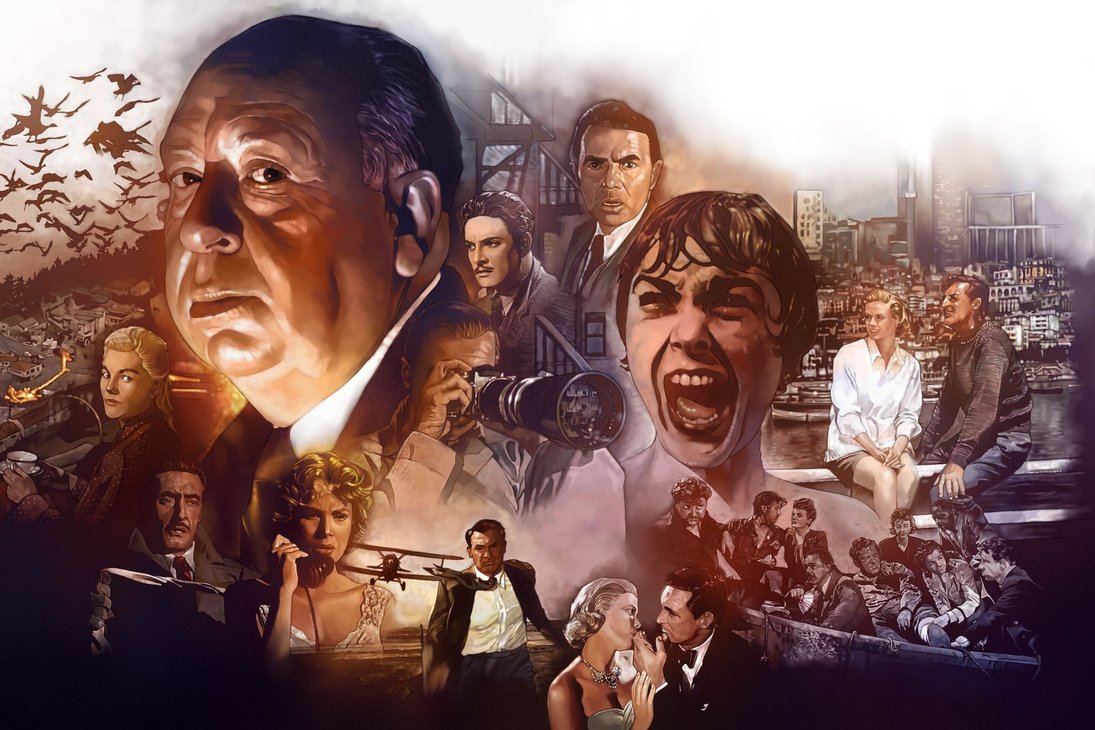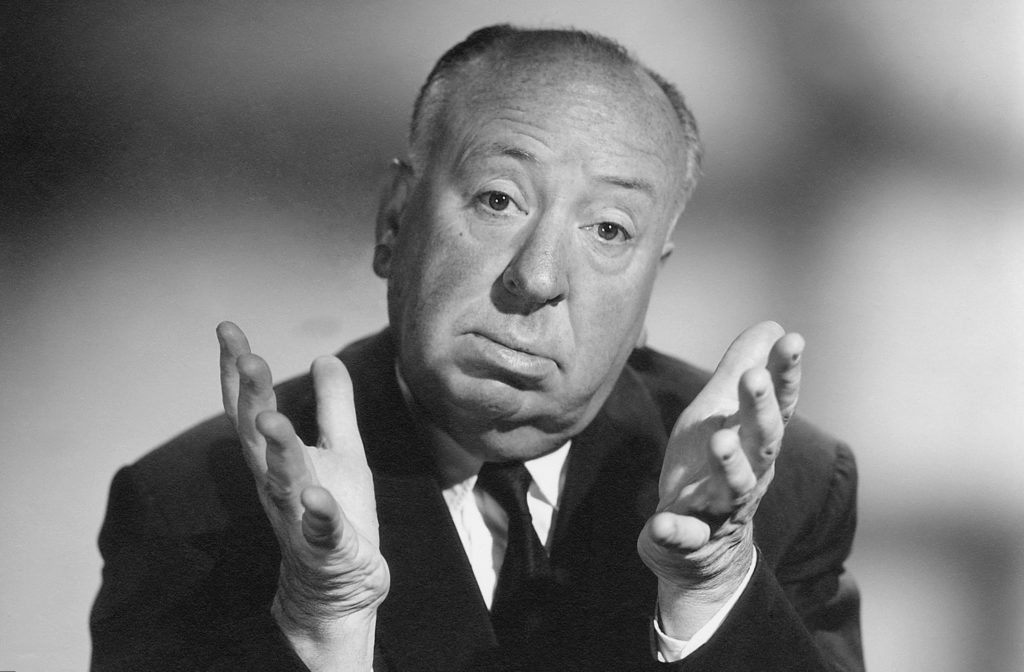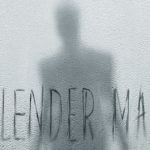Credited by many with inventing the thriller genre, Alfred Hitchcock is arguably the most famed director of all time. His films, as well as his name, are legendary. However it’s very likely that his success would not have been so guaranteed in today’s world; for a number of reasons.
Less Creative Freedom
If nothing else, Hitchcock was known for being meticulous. He always knew exactly what he wanted and how to shoot it. While this is common of all directors, he took it a step further. Some say that he ran his sets like a dictator, but that for the sake of art, it was all for the greater good. Today, however, he would most likely struggle with studio heads and producers, pressuring him to make changes to fit the feedback of focus groups. The entire trailer for Psycho is the director himself teasing the viewer’s anticipation and curiosity about the Bates Motel. Yet if it were released today, Universal’s marketing department surely would have spoiled the infamous shower scene in the trailer itself.
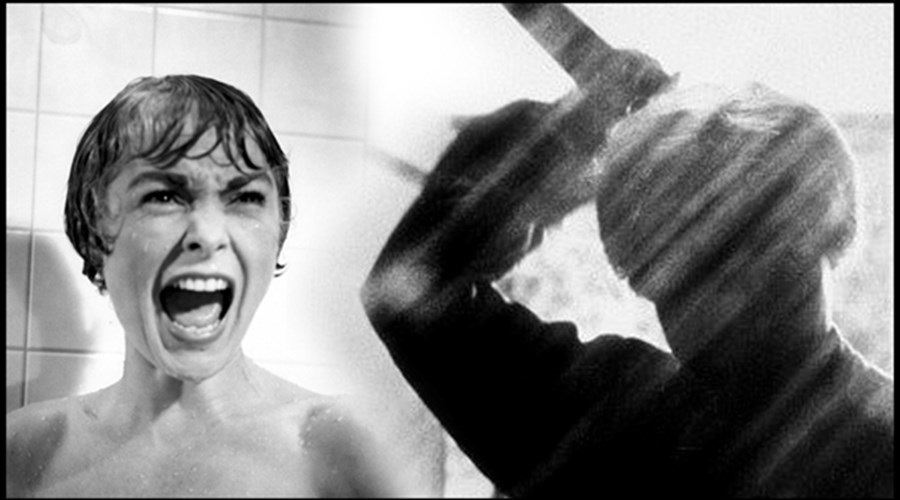
These clashes between studios and directors have gotten so notable and severe that Joss Whedon seemed to take a break from filmmaking after Avengers: Age of Ultron. Constantly fighting with Marvel Studios took a toll on him. And unfortunately, Hitchcock probably would have gone the same route. Part of what made Psycho so iconic was the fact that theaters didn’t allow anyone entry once the film started, so as not to ruin the experience. If a current director even hinted at wanting to do this, the theater chains, as well as the studio itself would immediately object.
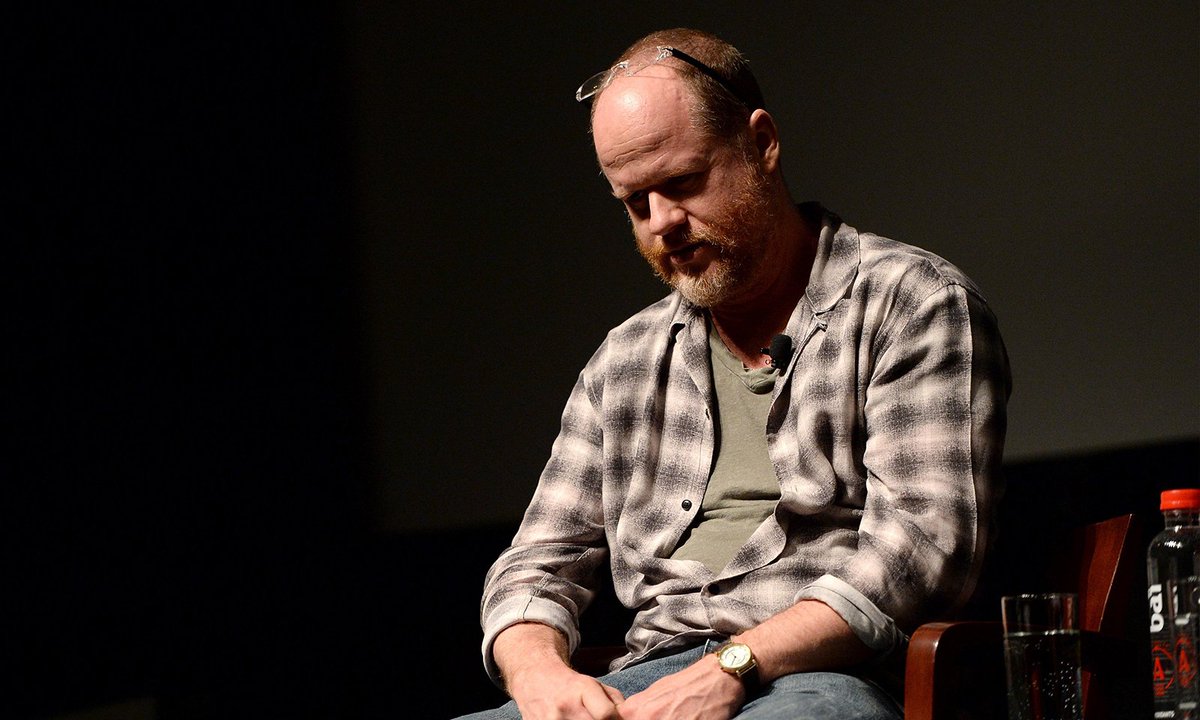
Too Slow Paced
Studio culture isn’t the only thing that’s changed in the last 50 years. Films themselves are differently styled than they were in the older days of Hollywood. Initially films were very similar to stage plays in terms of pacing and acting. Because at the time, that’s all they were; theatrical performances caught on film. But soon special effects took over and things that couldn’t be done on stage could be done on film. As a result, films became faster paced, and heavily reliant on visual cues and catchy music. Then as the digital age took over, attention spans shrunk even more, resulting in films that seem louder and more obnoxious in tone.
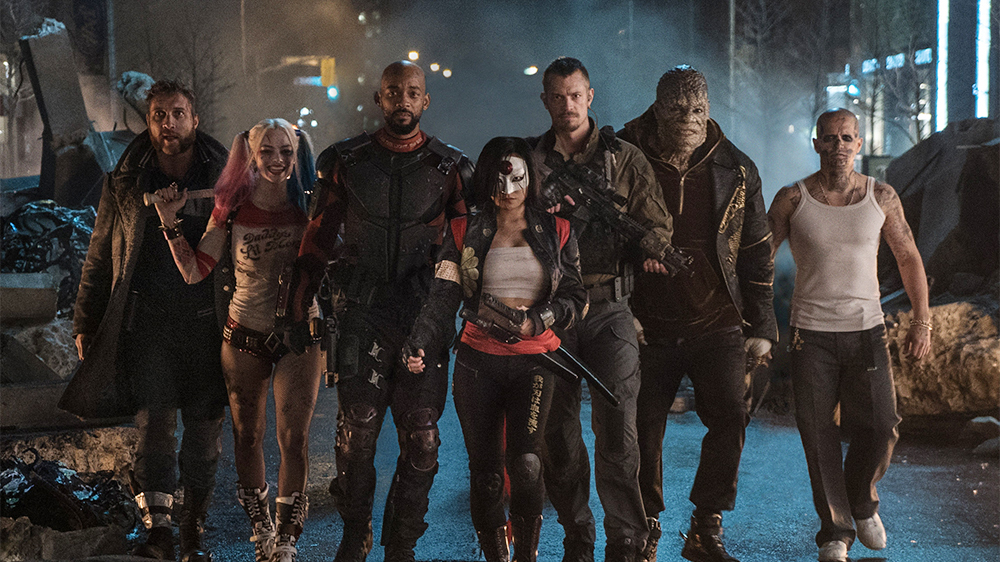
There seems to be no place for the slow burning, tension building thriller anymore. Films like Hereditary, The Witch, and It Comes At Night all share similar features of Hitchcock’s masterpieces, yet they are all known for having huge disparities between critic and fan scores. Critics praised them for being smartly written, well-acted/directed, and full of tension, while general audiences complained that these films were boring and didn’t thoroughly entertain them. Many of these same “fans” would have similar criticisms for most of the films in Hitchcock’s filmography if they watched them now. They’d rather see more of the same clichés they’re accustomed to.
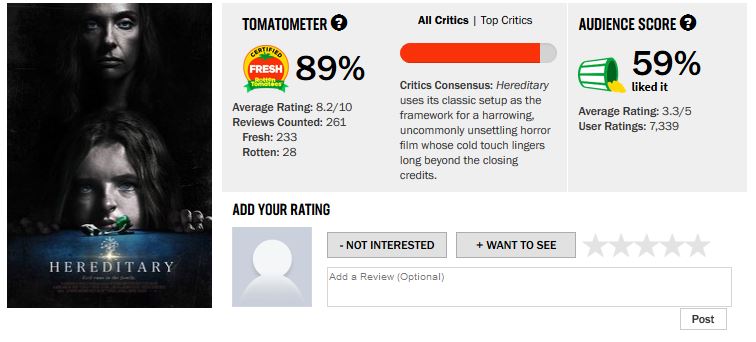
Less Tolerance for Harassment
Another change from then to now, admittedly a very positive change, is that now harassment isn’t casually swept under the rug. In the wake of the #MeToo movement, a rampant and toxic culture of dominance and manipulation has been revealed, especially from that of Hollywood. After the public downfall of Harvey Weinstein and Bill Cosby, we’re seeing that while their actions were conveniently overlooked before, this is certainly not the case anymore.
However, this does present a difficult situation for fans of Alfred Hitchcock. While he is revered by so many, we can’t pretend to overlook comments made by Tippi Hedren during the Weinstein scandal in 2017. While never accusing him of outright sexual assault, Hedren persists that while filming The Birds. Hitchcock was very possessive of her, and attempted to use his status as director to make frequent advances, albeit ones she always rejected. During the shoot itself, he put her into harm’s way by throwing all assortments of fake and real birds at her, with little concern for her safety. Vera Miles also describes a similar bully-like atmosphere when he was filming Psycho with her.
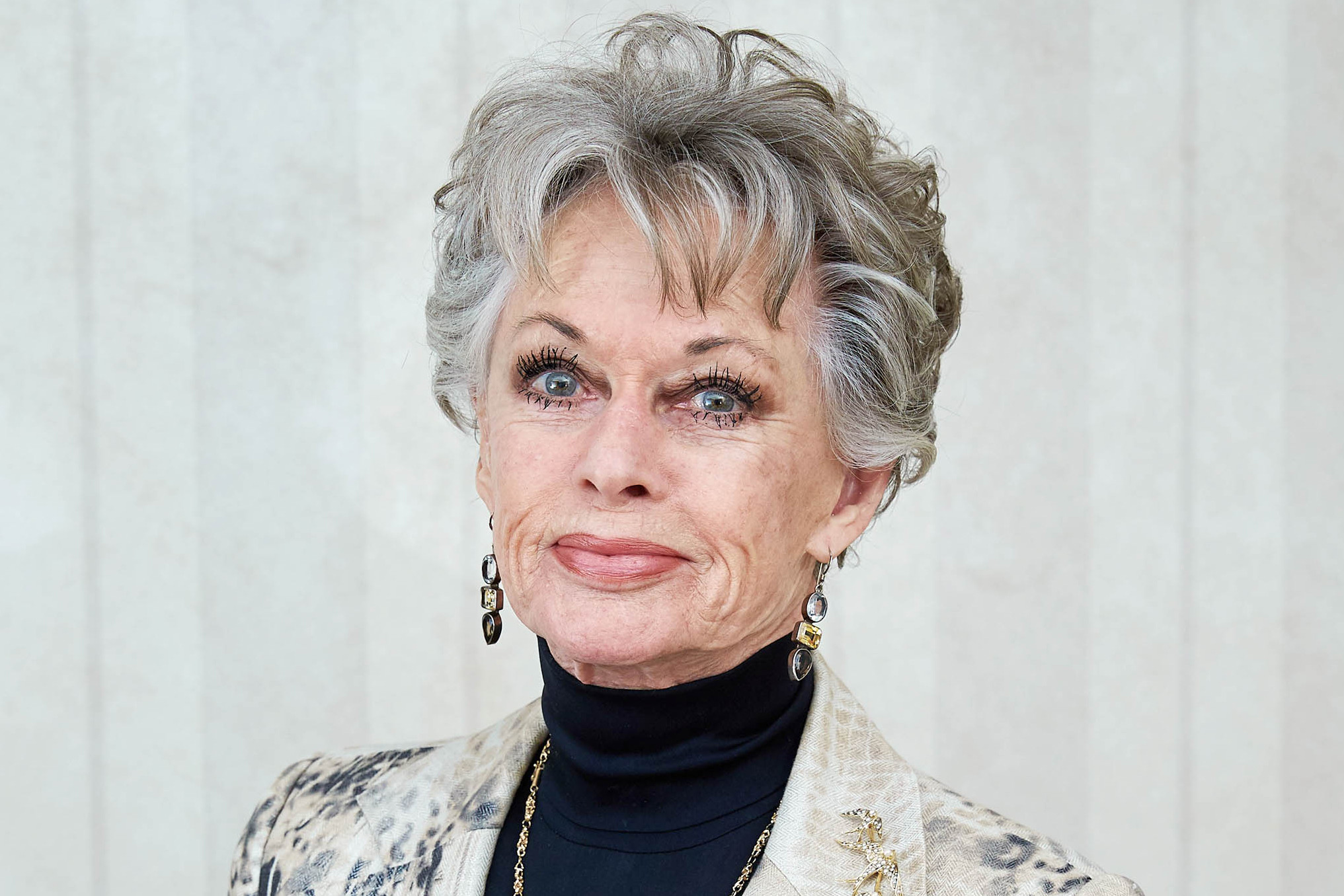
As much as we may not want to admit, this beloved director would most likely have been caught up in one of these scandals today and his career would have been cut short as a result. So it raises the question, how do we remember this seemingly controversial legend? Do we admire the work and separate it from the man, like fans of Roman Polanski’s films seem to have done? Or do we posthumously hold him responsible for acting in a way that conflicts our modern values? Or is it wrong to simply excuse him for being a product of his time? There is no easy answer. All that can be said with absolute certainty is that for all of these reasons, Alfred Hitchcock would not be nearly as successful in the 2010’s.
